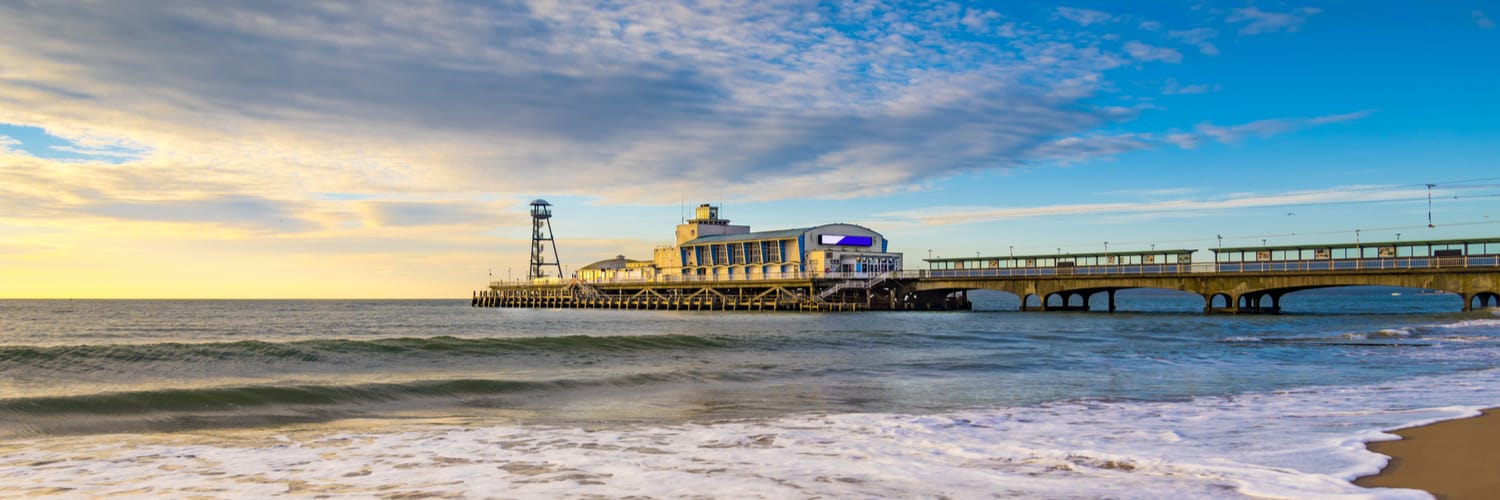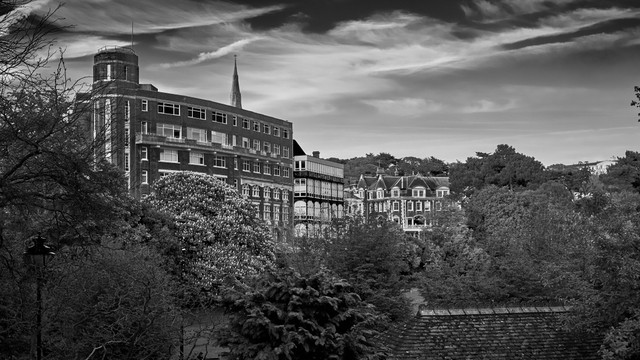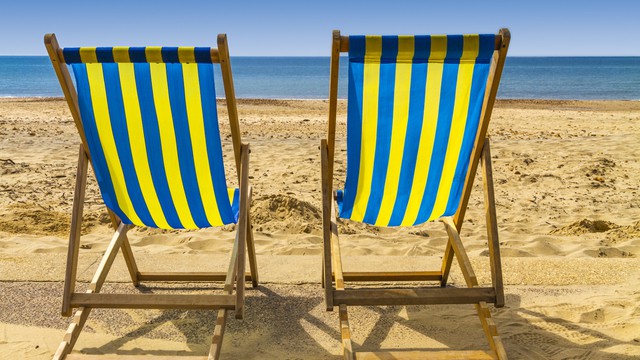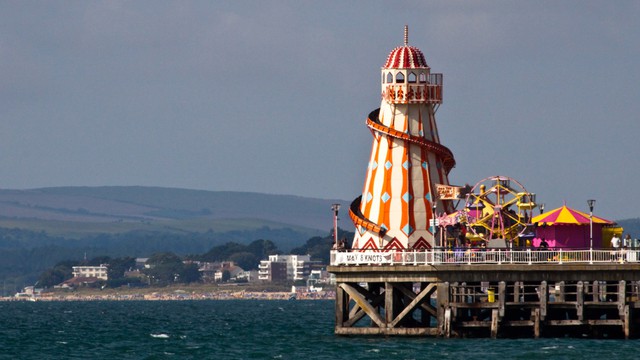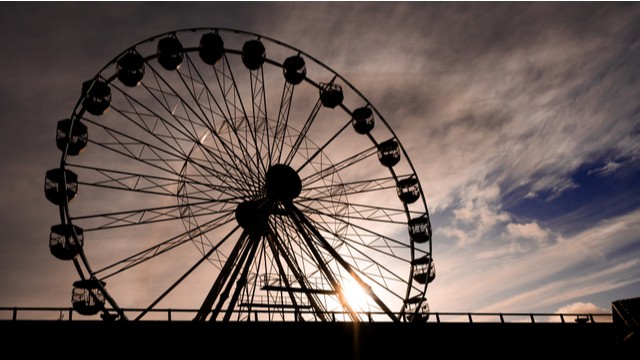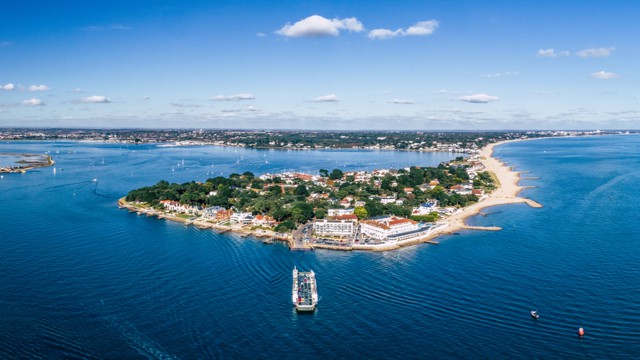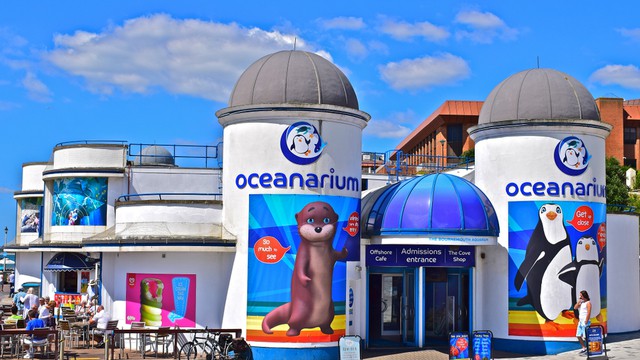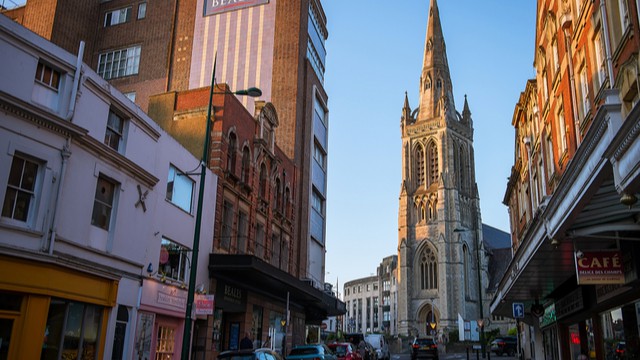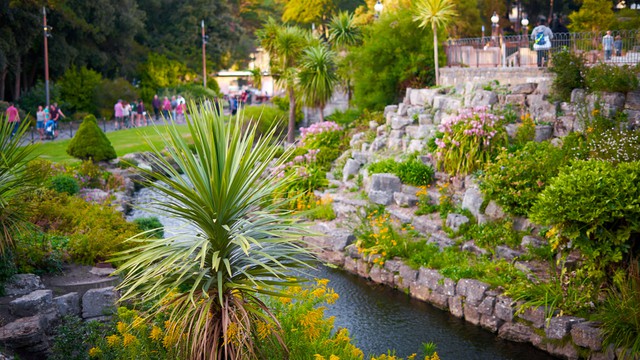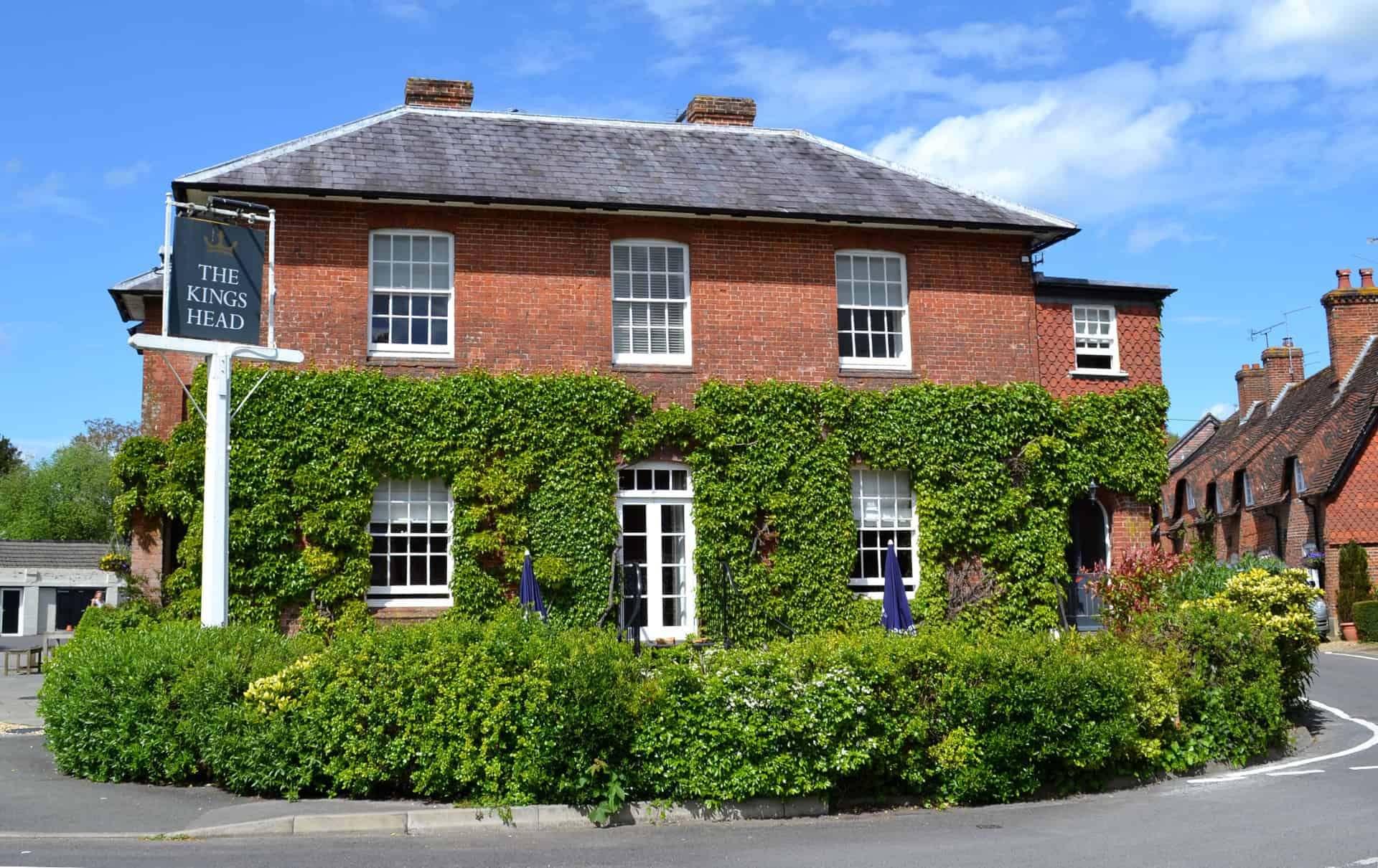History Of Bournemouth
Although it is now one of the most popular coastal resorts in the United Kingdom, the town of Bournemouth as we know it was made up of uninhabited heathland just 200 years ago. Primarily used by cattle for grazing, the remote land was also frequented by smugglers who were able to bring illegal items from the continent without alerting the authorities.
When Lewis Tregonwell built Bournemouth’s first dwellings in 1810, little did he know that, less than 100 years later, the population of the town would have increased to more than 60,000! Fast forward to today and Bournemouth boasts a population of more than 200,000 people and a thriving economy made up of tourism, hospitality and financial services.


